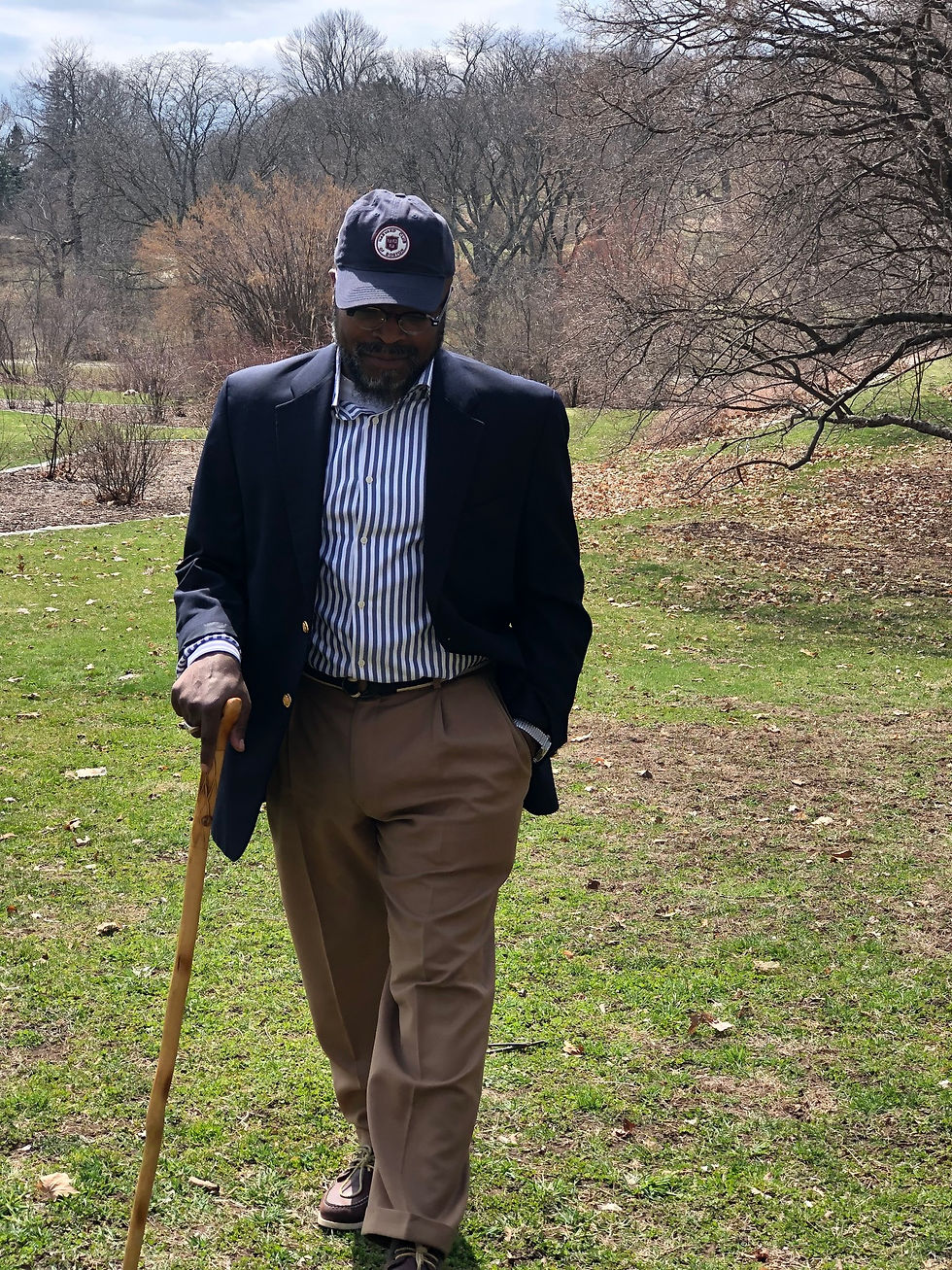The Role of Community Health Workers in Addressing the Opioid Crisis.
- chwworkforce
- Oct 7, 2024
- 2 min read
Author: Dr. Ali ABY Muhammed
CHW Workforce Development, Inc.

Community Health Workers (CHWs) are on the front lines of the fight against the opioid crisis, playing a critical role in providing support, education, and access to resources for those affected by opioid addiction. Their work is essential in bridging the gap between healthcare providers and vulnerable populations, particularly in underserved communities where the crisis has hit hardest.
Outreach and Education
One of the primary roles of CHWs in addressing the opioid crisis is outreach and education. They often have deep connections within their communities, enabling them to engage with individuals who might otherwise be hesitant to seek help. CHWs provide essential information about the risks associated with opioid use, the signs of addiction, and available treatment options. By raising awareness, they help reduce stigma and encourage individuals to take the first steps toward recovery.
Harm Reduction and Support
CHWs are also vital in implementing harm reduction strategies, which are crucial for those struggling with opioid addiction. This might include distributing naloxone, a life-saving medication that can reverse opioid overdoses, or offering resources such as clean needle exchange programs. These services not only save lives but also provide CHWs with opportunities to connect with individuals and guide them toward further support and treatment options when they are ready.
Connecting to Resources and Treatment
Navigating the healthcare system can be overwhelming, especially for those dealing with addiction. CHWs help ease this burden by connecting individuals to appropriate resources and treatment facilities. They assist with scheduling appointments, coordinating transportation, and ensuring that clients have access to essential services such as mental health support, counseling, and rehabilitation programs. This personalized assistance is instrumental in helping individuals stay engaged with their recovery plans.
Building Trust and Providing Emotional Support
CHWs often come from the same communities as those they serve, allowing them to build trust and rapport that is crucial for effective intervention. This trust is particularly important when working with individuals who may have faced judgment or discrimination in the past. By offering consistent, non-judgmental support, CHWs help individuals feel valued and understood, which can significantly enhance their motivation to pursue and maintain recovery.
Advocacy and Community Impact
Beyond direct support, CHWs advocate for policies and programs that address the root causes of the opioid crisis, such as poverty, lack of access to healthcare, and social inequality. By amplifying the voices of those affected by opioid addiction, CHWs play an essential role in shaping public health initiatives and driving community-wide change. Their efforts contribute to a more compassionate and comprehensive approach to the opioid crisis, emphasizing prevention, treatment, and recovery.
Conclusion
Community Health Workers are indispensable in the ongoing battle against the opioid crisis. Their ability to provide culturally sensitive care, build trust, and connect individuals with resources makes them uniquely qualified to address this complex issue. Through outreach, harm reduction, and advocacy, CHWs not only support those struggling with addiction but also work to create healthier, more resilient communities. Their contributions are a testament to the power of community-based care in addressing some of today’s most pressing public health challenges.









Comments